Road running vs trail running - which is best for you?
They are two very different styles of running. We break down the pros and cons.
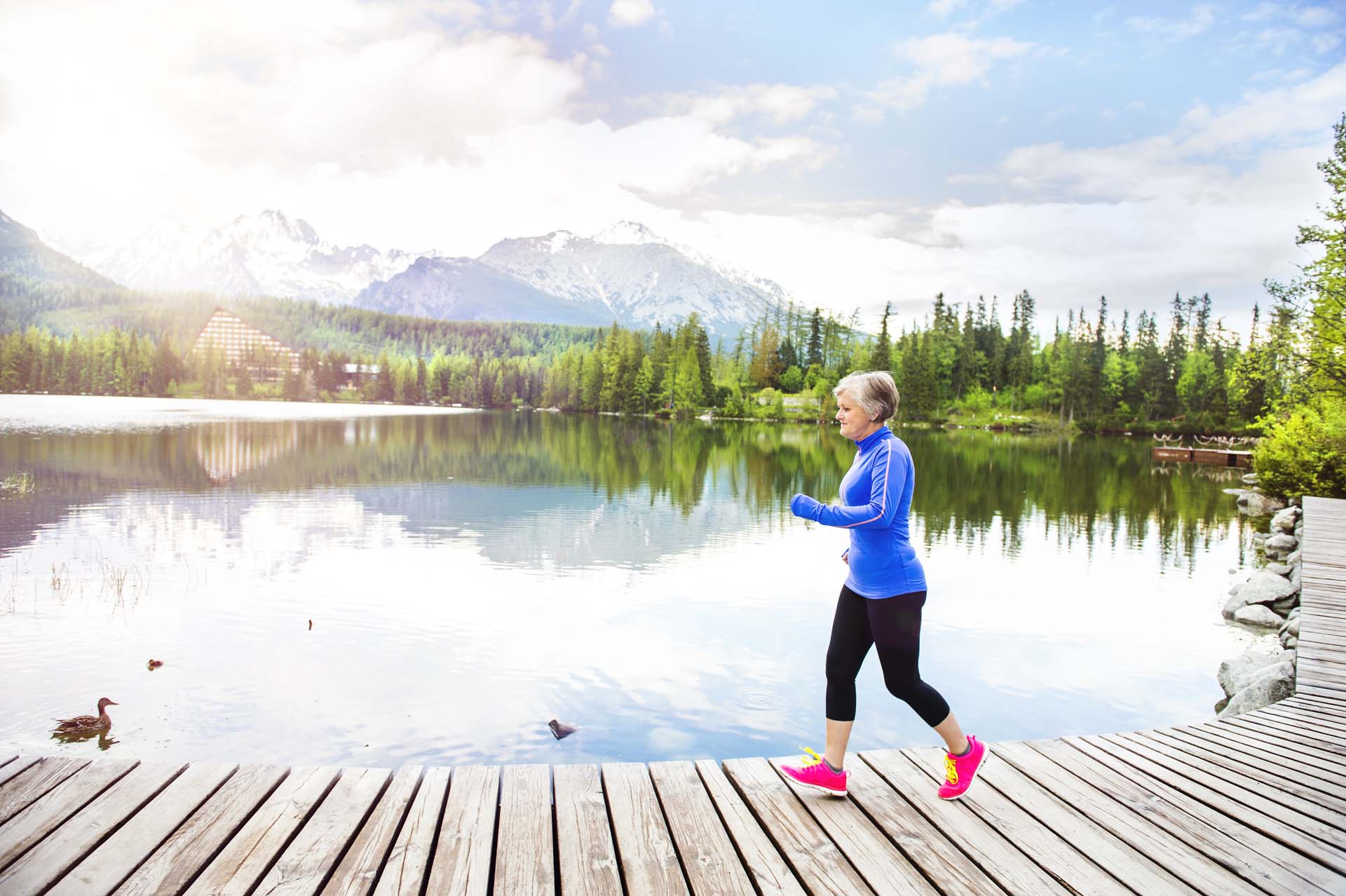
They are two very different styles of running. We break down the pros and cons.

Road running vs trail running is a subject that can cause fierce debate amongst runners. If you ask me, I’d immediately say trail running is better and reel off all the reasons why I think it’s so amazing.
However, I owe a lot to road running. It’s where I started my running journey – plodding along the pavements listening to heavy rock music – and now as a run leader, it’s where I teach beginners.
But is one better than the other? I’ve delved into the pros and cons for each, so you can decide for yourself which might be best for you.
The difference between the two is the surface. Road running occurs on solid ground like asphalt and pavements, whereas trail running takes place on muddy paths, grass and uneven ground.
Whilst you can wear road running shoes to take on the trails (and vice versa), some runners wear specially-designed trail shoes.
These shoes typically feature more grip and stability than road running shoes, to account for the unpredictable nature of the surface and provide more protection for the feet.

If you’re starting your running journey, you’ll likely take your first few steps from your front door onto the pavement – which is the biggest pro, because you can get going right away (well, after a quick warm-up). The other pros of road running include:
The main downside is that it can get boring. You’ll find you’ll probably stick to a similar route or loop because you know how far it is, and it’s easy to just go and get it done. Other cons of road running include:
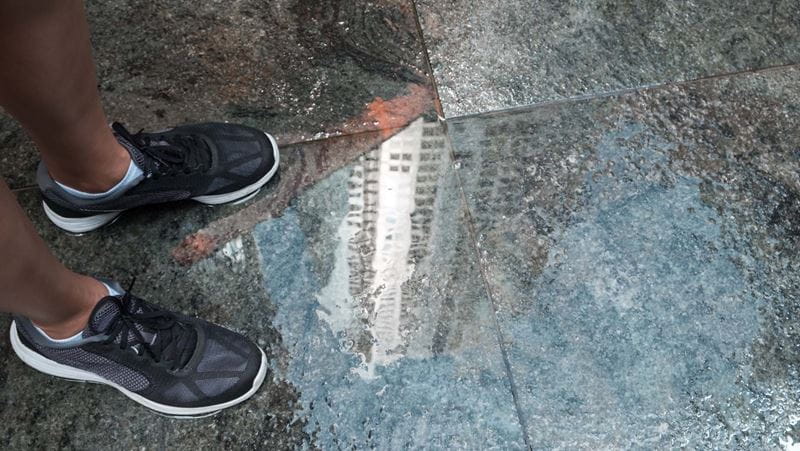
The best thing about trail running is the feeling of freedom. It’s a chance to explore forests and the countryside, be a kid again and put your worries aside.
I spoke with Matt Swaine, the founder of Trail Running magazine, and after discussing the many benefits of the sport, we decided these were our top four:
As with anything in life, trail running has some drawbacks. The weather is usually the biggest issue when trail running, because it can change in an instant. One minute you could be happily running along a path without a care in the world, and the next, it becomes a muddy bog and you’re slipping all over the place.
It’s also beneficial to invest in specific trail running shoes that are designed with thicker materials to protect your feet, and deeper lugs on the sole to give you more grip, which is an added expense. Other cons of trail running include:
Swaine and I also discussed how, unless you’re lucky enough to have a trail on your doorstep, you’ll often have to drive or find a mode of transport to get you there.
However, he offered a solution: “If you get creative, you can find a trail run near you. There are scraps of land everywhere. You might have to work a bit harder to find places, but it’s all about exploring – that's what trail running is. All challenges can be joyous if you look at them in the right way.”

The beauty of being a runner is that you can do what you want, so if you can’t make your mind up when it comes to road running vs trail running – it doesn’t matter.
It comes down to personal choice and, ultimately, safety. In the darker months you may have to do more road running so you can see where you’re going and lessen the chances of falling or slipping.
In the warmer months you might prefer to run in the shade of a forest on a trail. At the end of the day, the surface doesn’t really matter. It’s your time to do what you want, so make up your own rules and enjoy it.
Becky Frew has written various articles for newspapers and magazines focusing on fitness, is a qualified run leader, and a certified sleep talker trainer who loves to help advise people how they can nod off easier.
When she is not writing or reading about fitness, she is at hot pod yoga, bounce class, training for an ultra-marathon or booking anything with a medal and free food at the end.



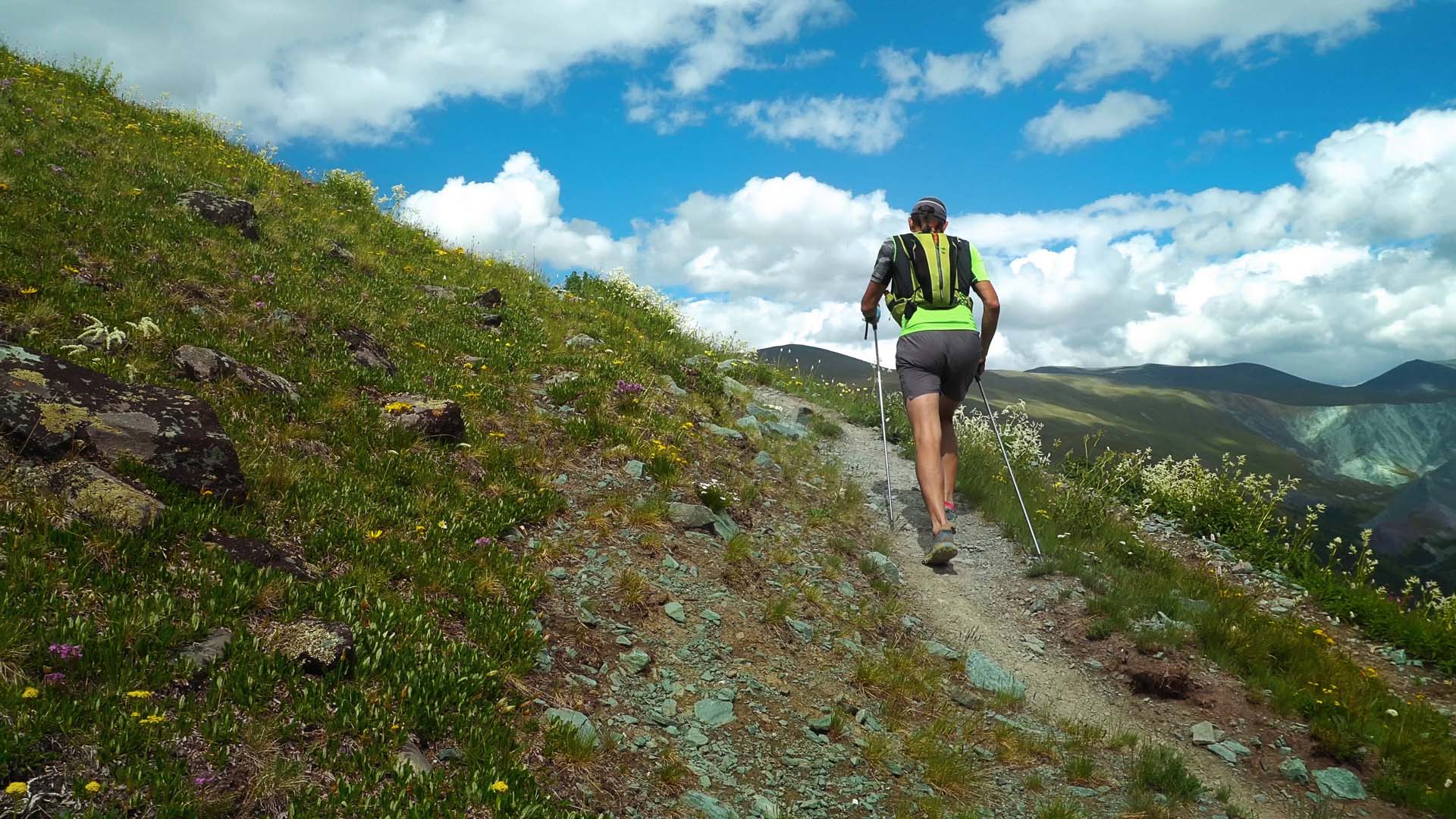
The secret to being a successful trail ultra-runner as you get older includes a lot of walking and eating.

Running a half marathon is all about the right training. Here’s how to go about it.
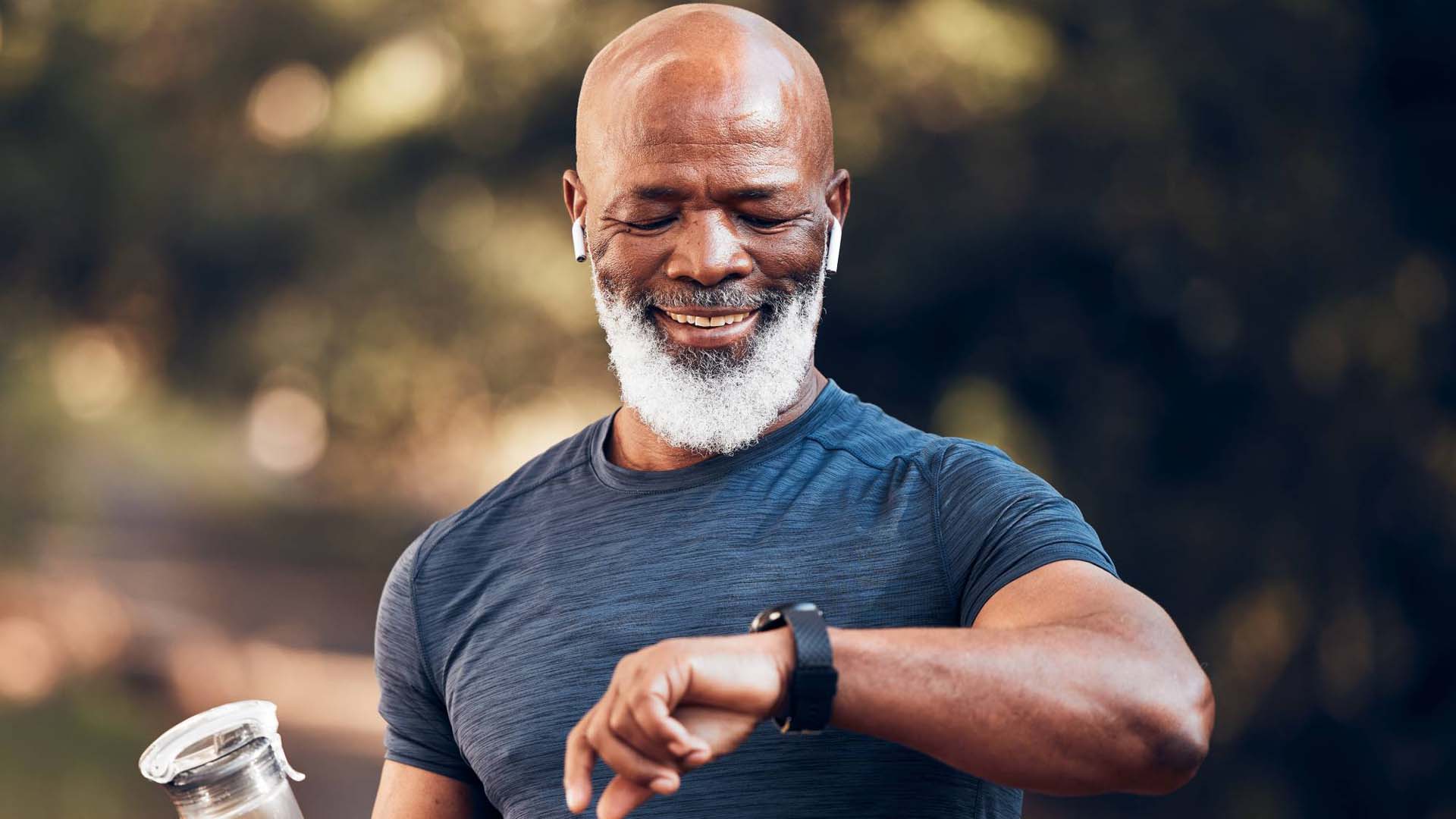
Your questions answered about what really is a good 5k time.

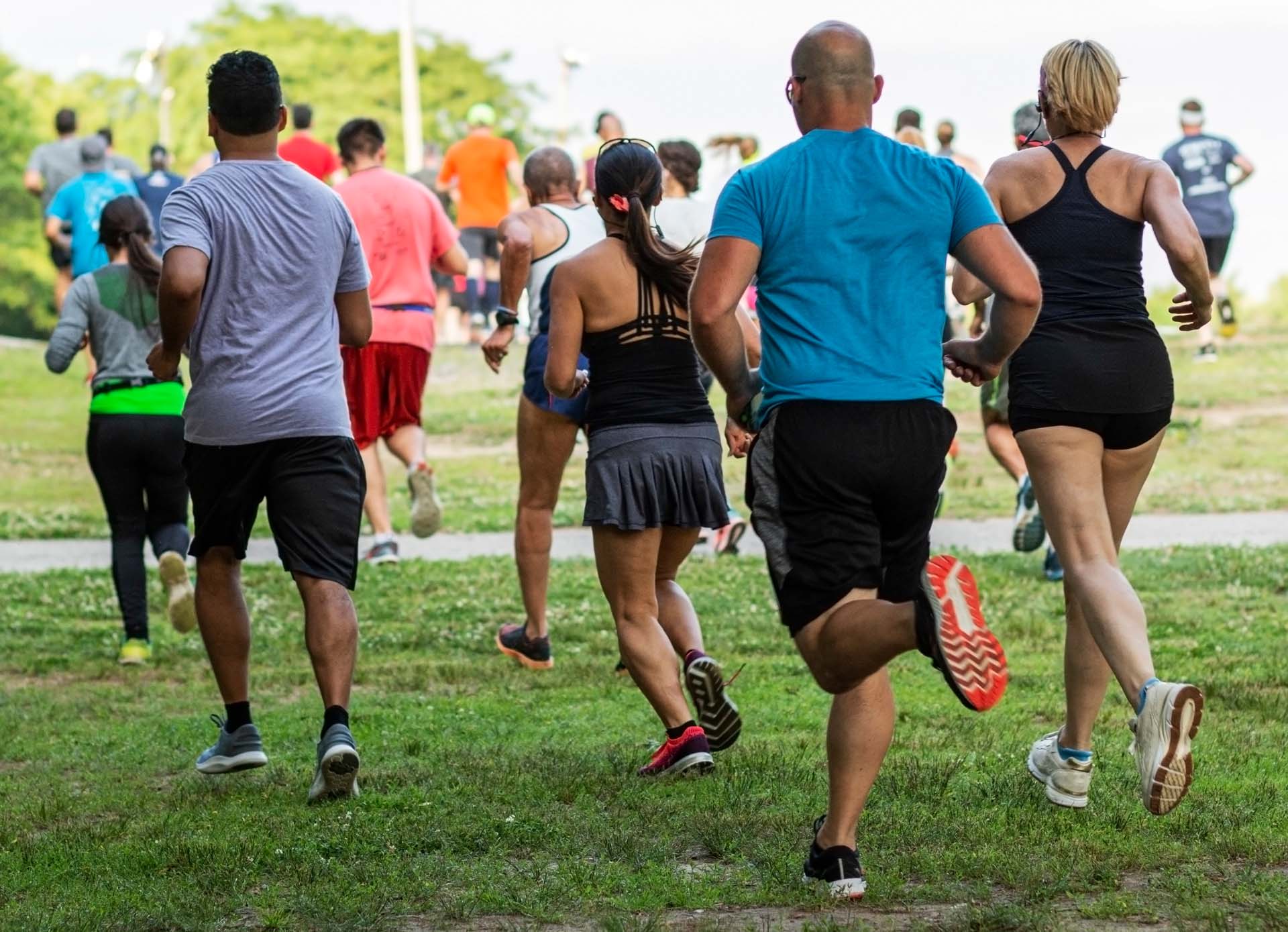
Expert advice on how to train for a 5k with just three runs a week.
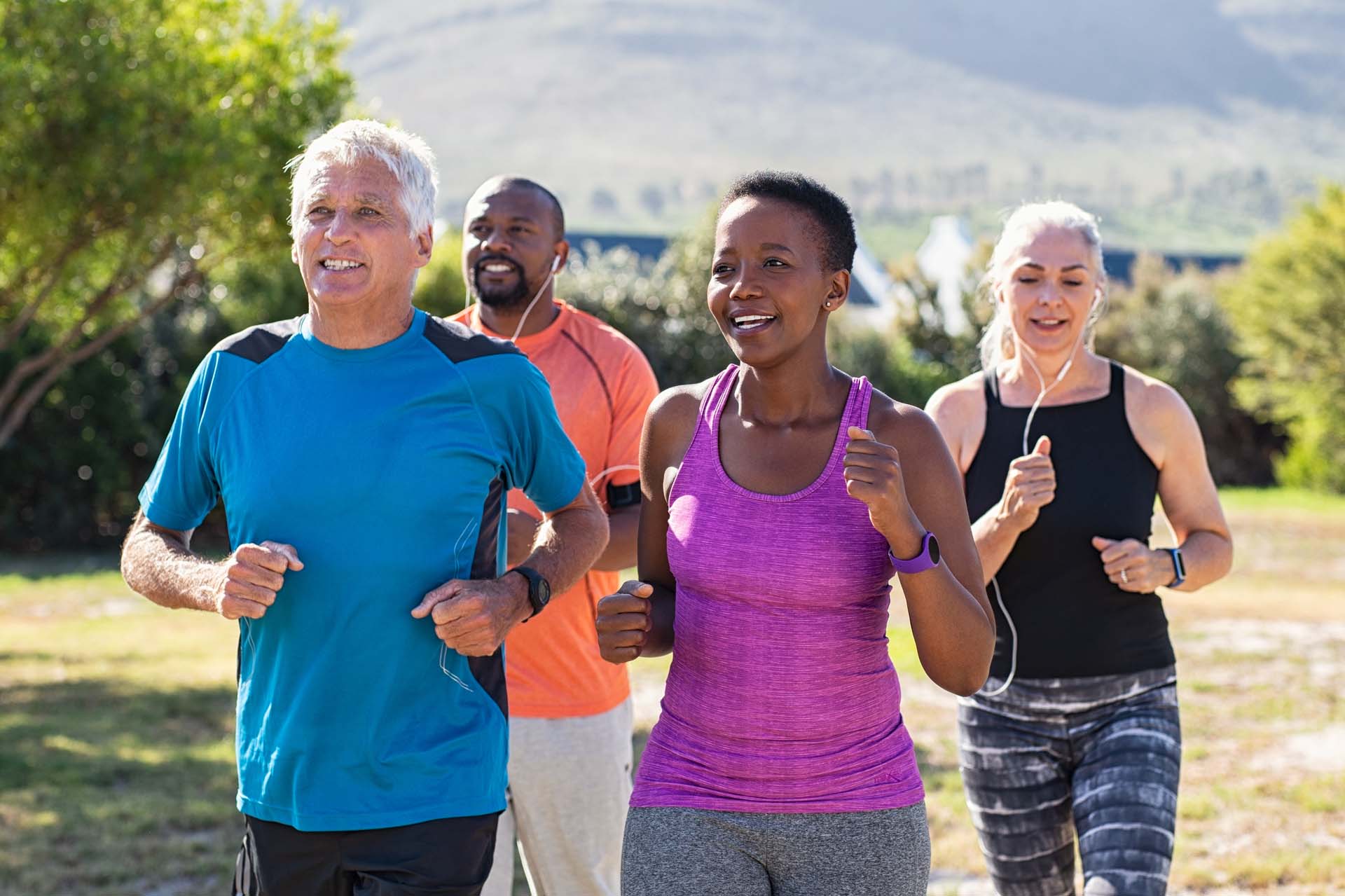
Running your first 5k is all about getting the pace right.